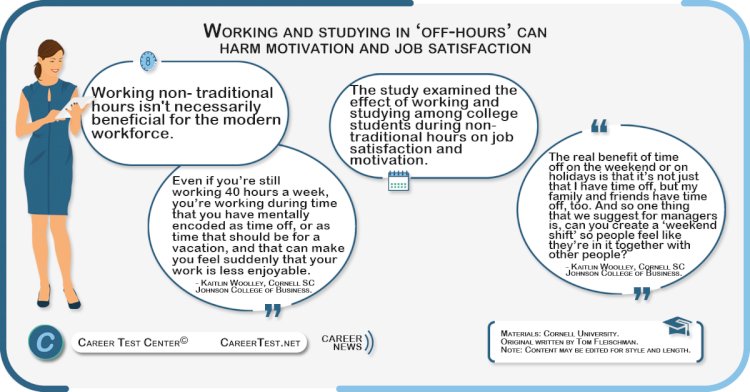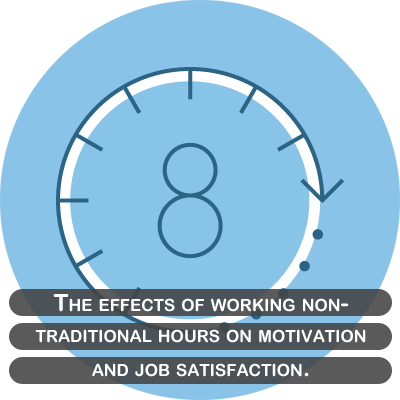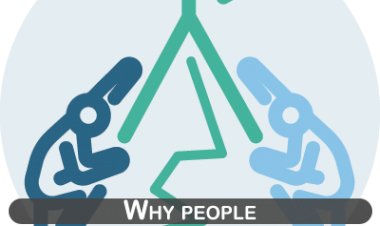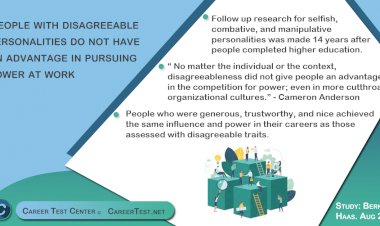Working and studying in ‘off-hours' can harm motivation and job satisfaction.
Working and studying in ‘off-hours' can harm motivation and job satisfaction.

Source: Cornell University
Main titles
- Working non-traditional hours isn't necessarily beneficial for the modern workforce.
“Even if you’re still working 40 hours a week, you’re working during time that you’ve mentally encoded as time off, or as time that should be for a vacation, and that can make you feel suddenly that your work is less enjoyable,” - Kaitlin Woolley, Cornell SC Johnson College of Business.

- The study examined the effect of working and studying among college students during non-traditional hours on job satisfaction and motivation.
- In one case, students who were reminded that the day was a federal holiday reported that their work was 15% less enjoyable.ing and studying among college students during non-traditional hours on job satisfaction and motivation.
- In another case, it was found that work was 9% less enjoyable on a Monday holiday than on a typical Monday.
- In a third case that occurred on a Saturday, researchers reminded one group of participants that it was a "weekend day," again leading to lower reported work satisfaction levels.
- The authors of the study hypothesize a "collective time period" is at play; free time where both friends and family are present.
“The real benefit of time off on the weekend or on holidays is that it’s not just that I have time off, but my family and friends have time off, too. And so one thing that we suggest for managers is, can you create a ‘weekend shift’ so people feel like they’re in it together with other people?” - Kaitlin Woolley, Cornell SC Johnson College of Business.
Materials: Cornell University.
Original written by Tom Fleischman.
Note: Content may be edited for style and length.

 vneo
vneo 
















